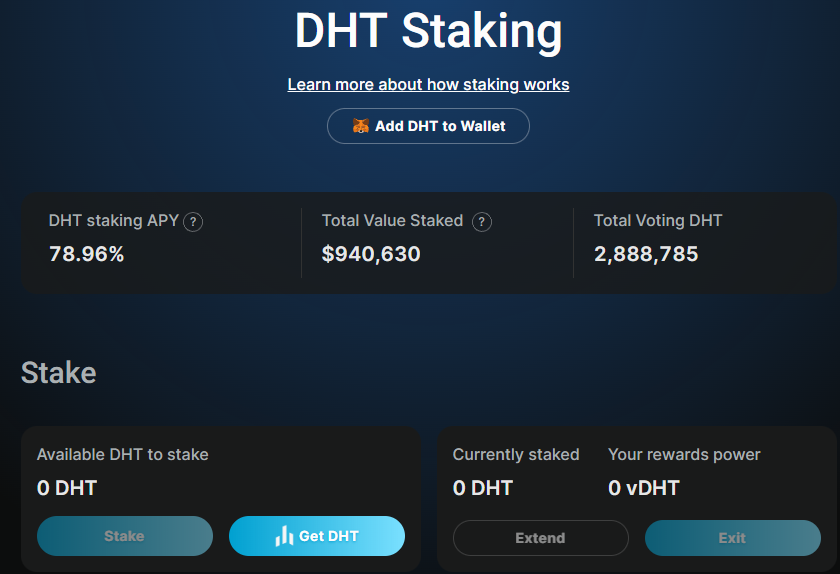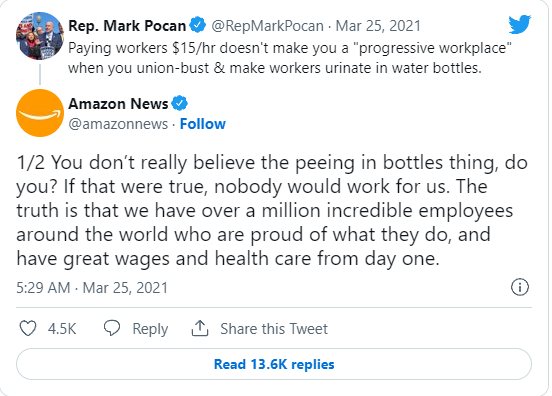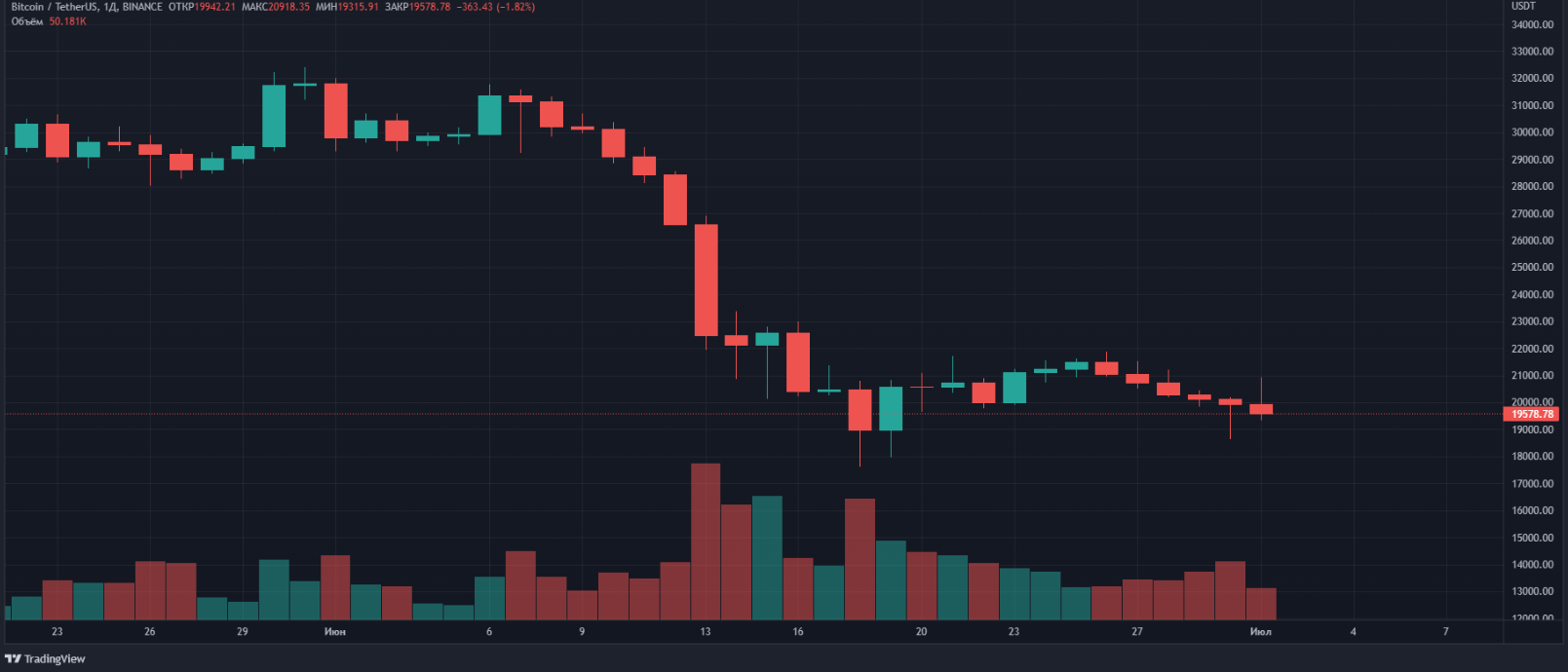Farming, staking and liquidity mining. What is the difference?

🌱 Farming is a practice in which investors place their crypto assets in a liquidity pool based on smart contracts, for example ETH/USDT. Then the blocked assets become available to other users of the same protocol. Users of this particular lending protocol can borrow these tokens for use in margin trading. In fact, it is a crypto analogue of a bank deposit. 🔐 Staking is the provision of its crypto assets as collateral for blockchain networks using the PoS (Proof of Stake) consensus algorithm. For this, PoS provides stakers with the opportunity to receive rewards.
The Merge: what to expect from the largest Ethereum update

A few months are left before the long-awaited update of The Merge, which will be an important milestone in the development of Ethereum. Not only will the consensus algorithm change — ether will become more environmentally friendly and deflationary, which can have a positive impact on its price in the medium and long term.
How DAOs Can Change Corporate Governance?

As the blockchain develops, the range of attractive options for its application also expands. One of the concepts that has received support from the community in recent years is the DAO model.
The Worst Quarter of the Crypto Market: June 2022 in numbers

Hello, dHEDGE community! This is a monthly article of the latest events analytics. This quarter was one of the worst in the history of the crypto market. Bitcoin has dropped to below $20,000. I hope you have survived these worst times. Let's analyze some figures to better understand what has been happening to the market over the past month.
Is OTC Market more profitable?
Crypto OTC is a tool that came from the traditional securities market. OTC stands literally for Over-the-Counter, i.e. "market at the counter". The term appeared at the end of the 19th century in connection with the practice of buying shares at bank counters or, in general, on the street near the stock exchange.